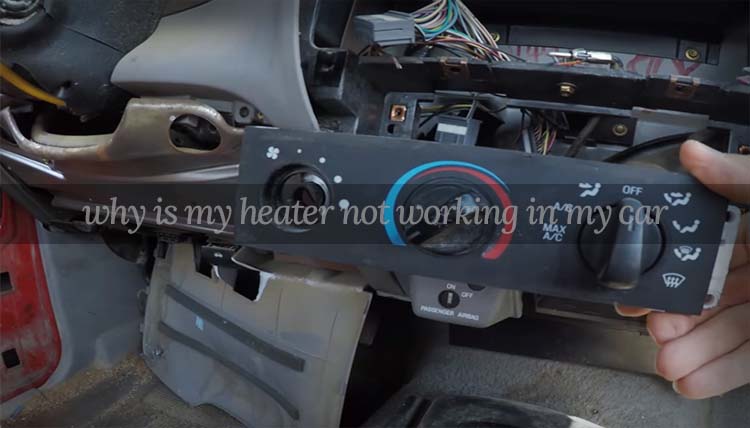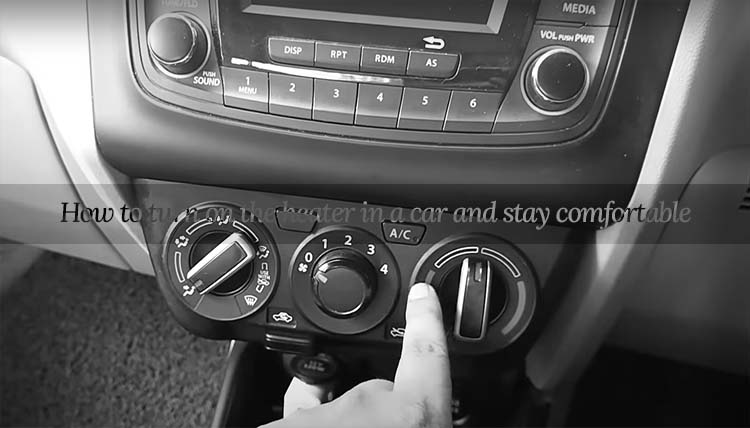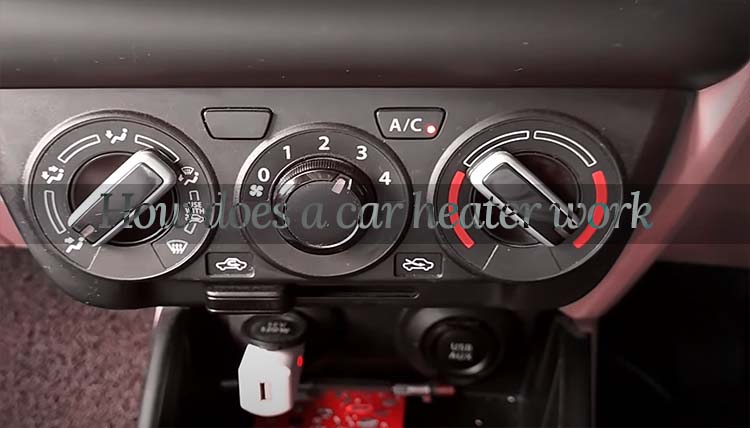When it comes to maintaining your car’s performance, the health of your battery is critical. One of the vital factors to consider when it comes to car battery performance is the Cold Cranking Amps (CCA) rating. CCA measures your battery’s ability to start your engine in cold temperatures, and a low CCA rating can lead to poor performance, reduced reliability, and even battery failure.
So, how can you increase your car battery’s CCA rating? In this informative blog post, we’ll explore some practical tips to help you boost your car battery’s CCA rating and keep your car running smoothly. From regular maintenance and cleaning to using a battery charger or maintainer, we’ll cover the most effective strategies for improving your car battery’s CCA rating.
With these practical tips, you can take better care of your car battery and ensure optimal performance, even in the coldest temperatures. So, let’s learn how to increase CCA in car battery!

What is CCA?
CCA measures a car battery’s ability to start the engine in cold temps. It gauges the number of amps produced for 30 seconds at 0°F while maintaining 7.2 volts. A higher CCA rating means smoother engine starts, even in frigid conditions, and improved performance and reliability.
How CCA Affects Car Battery Performance
The CCA rating of a car battery directly impacts its performance. A higher CCA rating battery can start the engine faster in cold temperatures than a lower CCA rating. This is because the chemical reactions that power a battery slow down in cold weather, making it more difficult for the battery to generate the necessary power to start the engine.
A battery with a low CCA rating can lead to poor performance, reduced reliability, and even battery failure. So, it is essential to choose a car battery with the recommended CCA rating for your specific vehicle make and model.
Recommended CCA for Different Car Models
The advised CCA rating for a vehicle’s battery tends to fluctuate contingent on the type and structure of the automobile. Below are some statistics on the recommended CCA ratings for popular car models:
- Honda Civic: 500-600 CCA
- Toyota Camry: 600-700 CCA
- Ford F-150: 650-850 CCA
- Chevrolet Silverado: 600-800 CCA
- Jeep Wrangler: 650-800 CCA
It is important to note that the recommended CCA rating can also vary depending on the vehicle’s climate. For example, a car driven in colder climates will require a higher CCA rating than one driven in warmer climates.
Reasons for Decreased CCA
Here are some common reasons why your car battery’s CCA rating might decrease.
Age of the Battery
Over time, all car batteries will naturally deteriorate, and their CCA rating will decrease. According to the Battery Council International, a car battery’s lifespan is typically between three and five years. Beyond this point, the battery’s ability to hold a charge will decline and be less effective at delivering the required CCA rating. As the battery ages, starting your car may become more challenging, especially in cold weather conditions.
Cold Weather
Cold weather is another significant factor that can cause your car battery’s CCA rating to decrease. According to the National Renewable Energy Laboratory, a car battery can lose up to 60% of its CCA rating in freezing temperatures. This means that a battery with a CCA rating of 600 could deliver just 240 amps in frigid weather, which might not be enough to start your car’s engine.
Poor Maintenance
Regular maintenance is essential to ensure your car battery remains in top condition. Failure to maintain your battery can cause its CCA rating to decrease over time. One of the most common issues is sulfation, which occurs when sulfate crystals accumulate on the battery’s lead plates, reducing its ability to hold a charge. Another common problem is the buildup of dirt and debris on the battery terminals, which can interfere with the battery’s ability to deliver power.
Corrosion on Battery
Terminal corrosion of the battery terminals is another significant issue that can cause your car battery’s CCA rating to decrease. When the terminals become corroded, they are unable to connect with the battery cables, leading to poor electrical conductivity.
How to Increase CCA in Car Battery?
Regular Maintenance and Cleaning
This is the simplest way to increase your car battery’s CCA rating to ensure it receives regular maintenance and cleaning. Over time, dirt, grime, and corrosion can build up on your battery terminals, reducing their effectiveness and causing your battery to work harder than it needs to. By cleaning your battery terminals regularly and checking for signs of damage, you can help improve your battery’s performance and increase its CCA rating.
Use a Battery Charger or Maintainer
Another effective strategy for increasing your car battery’s CCA rating is using a charger or maintainer. A battery charger or maintainer can help ensure your battery is always fully charged and ready to go, even in cold temperatures. By keeping your battery fully charged, you can improve its CCA rating and reduce the risk of failure.
Install a Battery Warmer or Blanket
If you live in an area with particularly cold temperatures, you may want to consider installing a battery warmer or blanket. These devices help keep your battery warm and reduce strain when starting your engine in cold weather. By reducing the strain on your battery, you can help improve its CCA rating and ensure reliable performance.
Upgrade Your Car Battery
If you’ve tried the above strategies and still find that your car battery’s CCA rating is too low, it may be time to consider upgrading your car battery. Modern car batteries come with various features and technologies that can help improve their performance and reliability, including improved CCA ratings. By upgrading your car battery, you can ensure optimal performance and reduce the risk of failure in cold temperatures.
Adjust the Electrical Load on the Battery
Another factor to consider when looking to increase your car battery’s CCA rating is the electrical load on the battery. The more electrical components and accessories your car has, the more strain it puts on your battery. By reducing the electrical load on your battery, you can help improve its CCA rating and reduce the risk of failure. Some effective strategies for reducing the electrical load on your battery include turning off unnecessary accessories when starting your engine, using energy-efficient components, and upgrading your alternator.
You may also like: How to Change a Car Battery by Using a Socket Wrench?
Tips for Maintaining High CCA in Car Battery
- Keep the battery clean and free of corrosion.
- Avoid deep discharges to prevent permanent damage.
- Use a battery charger or maintainer to extend battery life.
- Choose a high CCA rating battery for better performance in cold temperatures.
- Regularly check the battery’s health with a multimeter or battery tester.
Conclusion
By following these CCA-increasing tips, you can help keep your battery in good shape, extend its life, and prevent damage from deep discharges and corrosion. Remember to choose the correct battery for your specific needs, and check its health regularly to ensure it’s delivering the power you need. With proper care and attention, your car battery can provide reliable performance and keep you on the road, no matter the temperature.



